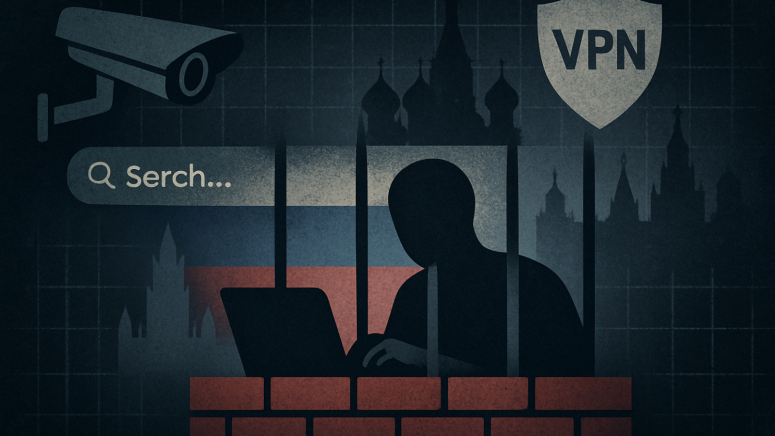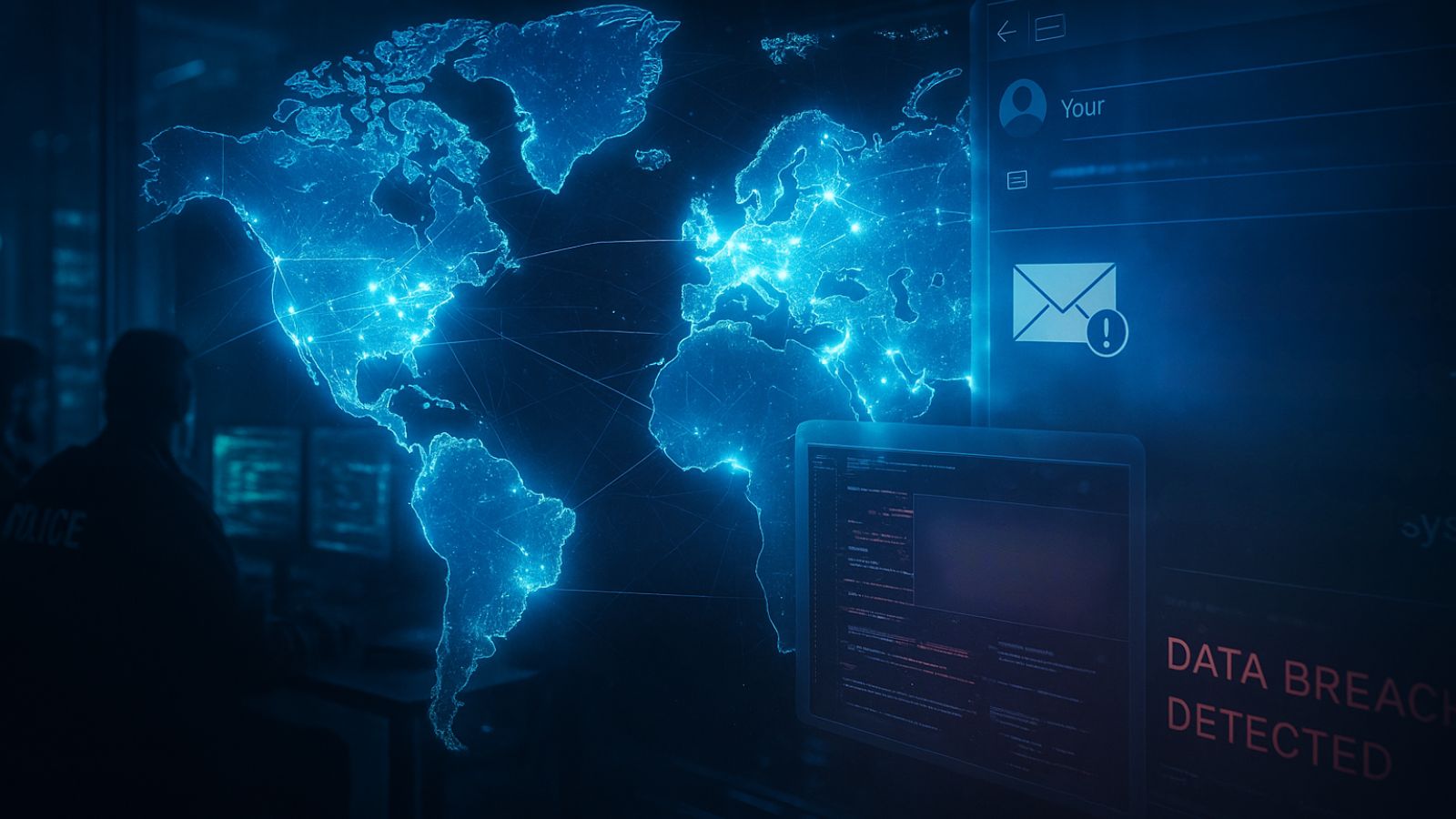
Russia Expands Internet Laws to Restrict Searches, VPN Usage
- New Laws Passed: Russians can now be fined for searching banned or "extremist" content online.
- VPNs Under Pressure: VPN use grows, but legal risks rise for sharing or posting restricted material.
- Mass Surveillance Concerns: Experts warn of future automated fines and expanding state internet monitoring tools.
Russia has entered a new phase of digital repression with recently passed laws that further restrict online activity, according to digital rights experts. The latest legal changes now make it punishable not just to share but also to search for content deemed “extremist” by authorities. This shift is being seen as a significant escalation in the country’s already strict control of the internet.
New Law Criminalizes Online Searches
In July, Russian lawmakers approved legislation that makes it possible to fine people for simply searching for banned content online. While the law’s language is vague, the list of what qualifies as “extremist” remains broad and subjective. It could include content related to the late opposition figure Alexei Navalny, LGBTQ+ topics, certain religious groups like Jehovah’s Witnesses, or even platforms like Instagram.
At the moment, penalties are limited to fines. But experts warn that future amendments may introduce harsher penalties, including criminal charges for repeat offenses.
Russia’s Digital Shift: From Open to Controlled
Unlike China, where the internet was state-controlled from the beginning, Russia's internet was open for many years. Russians had access to global websites and services with little restriction. That changed slowly, beginning with the state gaining control over key platforms like VK (a social media platform), WhatsApp, and Yandex (a search engine).
Over the years, the Russian government has built up its censorship infrastructure. This includes technologies like deep packet inspection (DPI), which allows officials to monitor and block specific internet traffic. In 2020, the Sovereign Internet Law granted the government centralized control over internet routing and the ability to block access at the IP level, thereby bypassing telecom companies.
Since the full-scale invasion of Ukraine in 2022, Russia’s internet censorship has expanded sharply. Reports suggest that more than 25,000 websites have been blocked under military censorship regulations.
VPN Use Under Pressure
With censorship on the rise, many Russians have turned to virtual private networks (VPNs) to regain access to global content. As of now, around 40% of internet users in Russia rely on VPNs, one of the highest usage rates in the world.
But using VPNs is becoming increasingly difficult. The government has banned advertising of VPN services, and while using a VPN for personal browsing is still legal, using it to share prohibited content can lead to punishment.
Experts recommend using VPNs with advanced features like a kill switch, obfuscation, split tunneling, and Onion over VPN. They also advise against using Russian platforms like VK or Yandex, which are more closely monitored by the state.
Toward Total Digital Surveillance?
There are concerns that the new rules could be used in everyday situations. For example, someone stopped by the police may be pressured to unlock their phone. Refusing to show search history could raise suspicion.
There’s also a fear that the government might automate the monitoring of internet usage. During the pandemic, Russia used automated systems to fine people who broke quarantine rules. With existing surveillance infrastructure like SORM (System for Operative Investigative Activities), the Yarovaya laws, and AI-powered video analysis, experts believe mass automated fining could become a reality.
The Future of the Russian Internet
The new laws are already having an impact. Some users are unsubscribing from banned channels and political bloggers out of fear. Others are shifting to government-approved platforms like VK’s messenger service Max, where user activity can be more easily monitored.
Digital rights groups warn that Russia is moving from an authoritarian model of internet control to a totalitarian approach. The focus is no longer just on what people post online, but on how they search, communicate, and even think.










